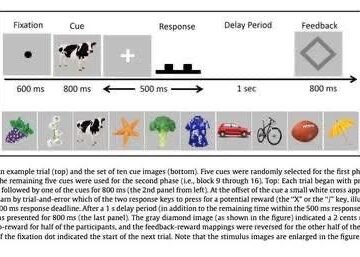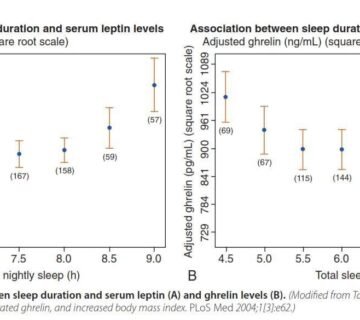How Do I Know If I Need Psychotherapy?
Who is psychotherapy for?
Who needs psychotherapy?
What is psychotherapy, and does everyone who gets it take psychiatric medications?
These are important questions people ask to understand the difference between psychotherapy and medication.
What is the goal of psychotherapy?
The goal is to help the person help themselves. It makes it easier for them to take greater responsibility for their actions and supports their independence rather than removing it.
What does that mean? Who needs psychotherapy?
Psychotherapy consists of sessions where a person talks about problems they face.
These problems could be related to their personality, such as:
- Low self-confidence
- Self-hatred and hatred of everything around them
- Feeling unhappy
- Feeling like a failure or unable to succeed
Or related to family:
- Family doesn’t understand me
- Family always discourages me and nothing pleases them
- Constant criticism and comparisons to friends
- A controlling family that expects me to follow their rules all the time
Or related to friends:
- Unable to make friends or fit in
- Feeling rejected or bullied
Or work problems:
- Unable to develop professionally
- Colleagues outperform me
- Problems with the boss
Or social relationships:
- Fear or discomfort in crowded places
- Feeling everyone is watching me
- Blushing, difficulty speaking or breathing in social settings
- Wanting to leave the place immediately
- These problems can appear in classrooms or universities
Or marital/family problems:
- Constant tension and unhappiness at home
- Partner doesn’t understand me, always criticizes, unhappy with life together
Or issues with children:
- Problems in child-rearing or children having attention, academic, or behavioral problems (stuttering, bedwetting, hyperactivity, lethargy, mood swings, sadness)
We are talking about behavioral problems needing psychological intervention through talk therapy sessions to:
- Identify the cause of the problem
- Understand the person’s thinking style
- Work on recognizing and changing irrational or negative thoughts into positive ones
Changing thoughts leads to changing emotions and behaviors.
For example:
- Instead of thinking, “My child ignores me and pretends not to hear when I call him 10 times,”
- Change to, “My child may have attention problems and isn’t focusing or hearing me. When I repeat things several times, he eventually responds.”
This new thought changes the parent’s emotional reaction from anger to understanding, and their behavior becomes calmer and more effective (making eye contact, asking politely).
When do we need medication?
Medication is needed when behavior reaches a pathological level beyond normal.
Everyone experiences anxiety sometimes, but it ends when the stressful situation ends. If anxiety persists long after the situation, it’s time to see a psychiatrist for evaluation and appropriate medication.
The same applies to depression or other psychiatric disorders, which often require both medication and psychotherapy.





